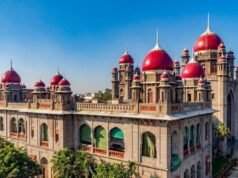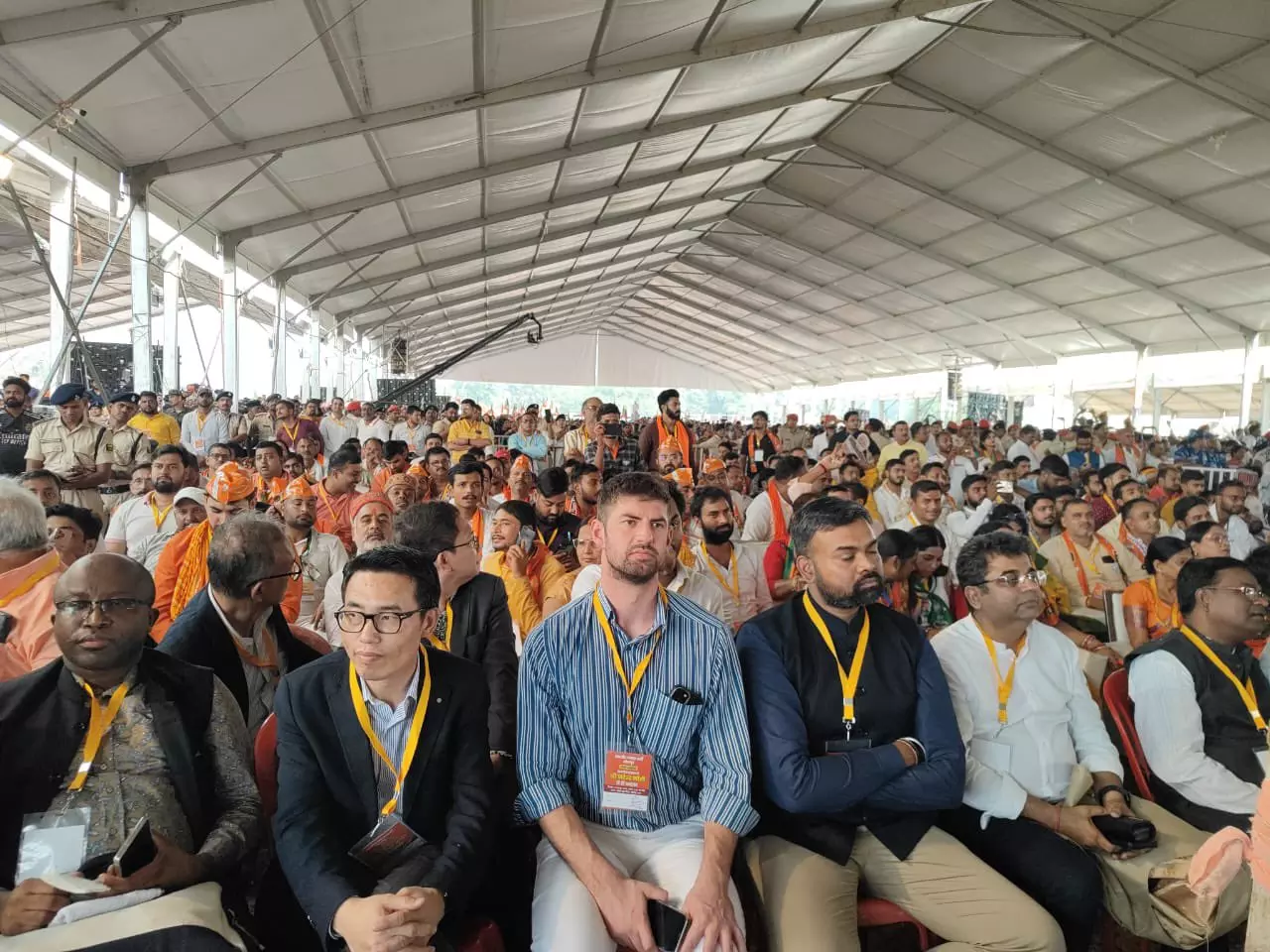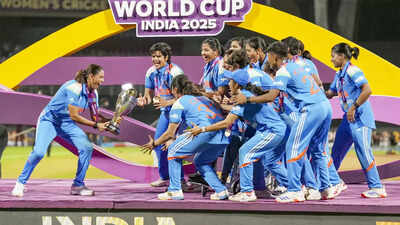In a big move to further partnership, the United States signed a 10-year Defence Framework with India on Friday, announced Secretary of War Pete Hegseth, saying that the two countries’ “defence ties have never been stronger”.

Hegseth took to X and said he met the Indian defence minister Rajnath Singh and signed the framework. The head of the Department of War (previously known as the Department of Defence) further stated the agreement advances the India-US defence partnership, which he said is a “cornerstone for regional stability and deterrence”.
He added, “We’re enhancing our coordination, info sharing, and tech cooperation. Our defense ties have never been stronger.”
After signing the framework, Hegseth expressed gratitude to Singh for the partnership between Washington and New Delhi. He said, “It’s one of those consequential US-India relationships in the world. Our strategic alignment is built on shared interests, on mutual trust and commitment to a secure and prosperous Indo-Pacific Region.”
Pete Hegseth described the 10-year defence framework as “ambitious” and said it marks a critical step for the militaries of both countries, laying down a “roadmap for deeper and even more meaningful collaboration ahead”.
“It underscores America’s long-term commitment for our shared security and our strong partnership,” the Secretary of War added.
The meeting took place amid the second edition of the ASEAN-India Defence Ministers’ Informal Meeting on Friday. The informal meeting occurred on the sidelines of the ASEAN Defence Ministers’ Meeting-Plus (ADMM-Plus) in Kuala Lumpur, Malaysia, scheduled for November 1.
Rajnath Singh had announced his participation in the ASEAN meetings in Kuala Lumpur and said the defence ministers’ informal meeting “aims to further strengthen defence and security cooperation among ASEAN member states & India and advance the ‘Act East Policy’.”
Rajnath Singh’s meeting with Hegseth comes just days after external affairs minister S Jaishankar met US Secretary of State Marcon Rubio on the side lines of the ASEAN East Asia Summit in Kuala Lumpur.
Jaishankar said that he and Rubio discussed the India-US bilateral ties as well as regional and global issues.
These high-level meetings between India and the US officials comes at a time when trade deal negotiations are ongoing, following tensions over President Donald Trump’s move to double tariffs on New Delhi for its Russian oil purchases.
On Monday, at the East Asia Summit, Jaishankar highlighted India’s growing concerns about the constriction of energy trade, market access and supply chain.
He said the world community must follow the policy of zero tolerance for terrorism and step up efforts to resolve conflicts like those in Gaza and Ukraine, which have disrupted food security and threatened energy flows.
“Energy trade is increasingly constricted, with resulting market distortions. Principles are applied selectively and what is preached is not necessarily practiced,” Jaishankar said, in what was an apparent reference to the 25 per cent additional tariff Trump imposed on Indian goods over its oil purchases from Russia.
India-US trade talks
Last week, Union commerce minister Piyush Goyal firmly asserted that India will not sign any trade agreement in haste or will reject conditions from partner countries that restrict its trading choices.
He emphasised that trade deals are not just about tariffs or market access, but about building trust, long-term relationships, and creating sustainable frameworks for global business cooperation.
“India will not sign any trade deal in a hurry,” Goyal said. “In a very short-term context, it’s not about what is going to happen in the next six months. It’s not just about being able to sell steel to America,” he added.
Goyal said that India and the US are engaged in talks, and teams from both sides are working together. “We continue to engage with them, and talks are progressing. We hope to work towards a fair and equitable agreement in the near future,” he said.






